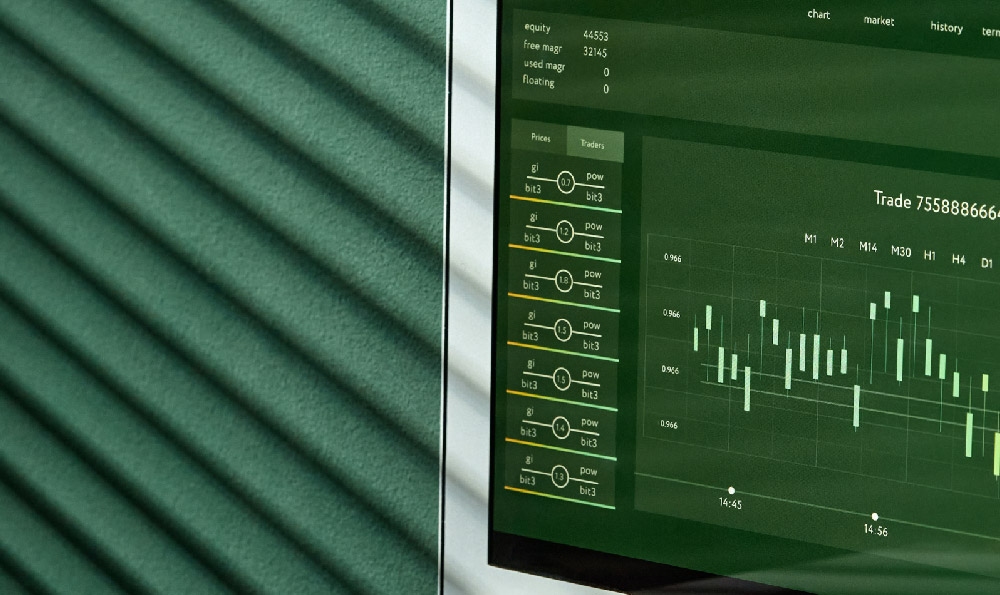Navigating the complexities of air travel can be daunting, especially when faced with multiple airport options in a metropolitan area. For travelers venturing near Detroit, the question often arises: DTW (Detroit Metropolitan Wayne County Airport) or HTX (referring here to the Houston airport system, which includes George Bush Intercontinental Airport (IAH) and William P. Hobby Airport (HOU), used analogously for the Detroit context to represent a smaller, more localized airport option)? While DTW is the primary international airport serving the Detroit region, understanding the hypothetical advantages and disadvantages of a smaller, analogous "HTX" (think a hypothetical smaller airport near Detroit) is crucial for making informed travel decisions. This comparison delves into the key differences between a major international hub like DTW and a potentially smaller, more regional airport, helping you determine which best suits your needs.
Understanding the Scale: DTW as a Major Hub
Detroit Metropolitan Wayne County Airport (DTW) is a sprawling complex designed to handle significant passenger volume and international flights. It boasts two main terminals – the McNamara Terminal (primarily for Delta Air Lines and its SkyTeam partners) and the North Terminal (housing other airlines). This scale translates into several advantages:

- Extensive Flight Options: DTW offers a vast array of domestic and international flights, connecting Detroit to destinations worldwide. The sheer number of flights and airlines operating at DTW provides greater flexibility in terms of scheduling and pricing.
- Direct Flights: Major hubs like DTW are more likely to offer direct flights to your desired destination, reducing travel time and the hassle of layovers.
- Comprehensive Amenities: DTW features a wide range of amenities, including diverse dining options, duty-free shops, lounges, and extensive parking facilities. You'll find everything from fast food to sit-down restaurants, and from newsstands to high-end retail stores.
- Reliable Infrastructure: As a major international airport, DTW invests heavily in infrastructure, ensuring smooth operations, efficient baggage handling, and modern facilities.
- Ground Transportation: DTW provides multiple ground transportation options, including taxis, ride-sharing services, rental cars, and public transportation, making it easy to reach your final destination.
Hypothetical "HTX" Near Detroit: The Appeal of Regional Airports
For the purpose of this comparison, let's imagine a smaller, regional airport (akin to Hobby Airport in Houston) serving the Detroit metropolitan area. While no direct equivalent exists in Detroit, understanding the potential benefits of such an airport is valuable. This hypothetical "HTX" would likely offer:
- Convenience and Accessibility: Smaller airports are often located closer to certain residential areas, making them more convenient for travelers who live nearby. This can save time and money on ground transportation.
- Shorter Security Lines and Check-in Times: With fewer passengers, smaller airports typically experience shorter security lines and check-in times, making for a more streamlined travel experience.
- Lower Parking Fees: Parking at smaller airports is often cheaper than at major hubs, offering a potential cost savings.
- Potentially Lower Airfares: While not always guaranteed, some regional airports may offer lower airfares due to lower operating costs or competition from budget airlines. This is highly dependent on the specific routes and airlines served.
- Less Crowded Environment: Smaller airports tend to be less crowded and more relaxed than major hubs, providing a more pleasant travel environment.
Weighing the Pros and Cons: A Detailed Comparison
To make an informed decision, consider the following factors:
- Destination: If you're traveling to a major city or an international destination, DTW is likely your best option due to its extensive flight network. A smaller, hypothetical airport might only offer flights to a limited number of domestic destinations.
- Budget: Compare airfares from both DTW and the hypothetical smaller airport, factoring in ground transportation and parking costs. Sometimes, the convenience of a smaller airport can outweigh a slightly higher airfare.
- Time: Consider the time it takes to travel to each airport, check in, go through security, and board your flight. A smaller airport could save you time, especially during peak travel periods.
- Amenities: If you value a wide range of amenities, such as diverse dining options and shopping, DTW is the clear winner. A smaller airport will likely have limited options.
- Convenience: For some travelers, the convenience of a smaller, less crowded airport outweighs the limited flight options.
Real-World Considerations: Alternatives and Nuances
It's important to acknowledge that the "HTX" analogy is hypothetical for Detroit. While DTW is the dominant player, smaller regional airports like Flint Bishop International Airport (FNT) or Toledo Express Airport (TOL) offer alternative options for travelers in Southeast Michigan, albeit with fewer flight choices than a true analogous "HTX" focused solely on the Detroit metro area. These airports can provide a more convenient experience for certain domestic destinations, but they lack the international reach and comprehensive amenities of DTW.
Making the Right Choice: A Personalized Decision
Ultimately, the best airport choice depends on your individual needs and preferences. If you prioritize flight options, international travel, and comprehensive amenities, DTW is the clear choice. However, if you value convenience, shorter lines, and a potentially less stressful travel experience, exploring alternative airports (like FNT or TOL, or imagining the benefits of a dedicated smaller Detroit airport) and carefully weighing the pros and cons is worthwhile. Consider all factors, including destination, budget, time, and personal preferences, to make the most informed decision for your next trip. By understanding the nuances of major hubs versus smaller regional airports, you can navigate the complexities of air travel and choose the option that best suits your individual needs.












